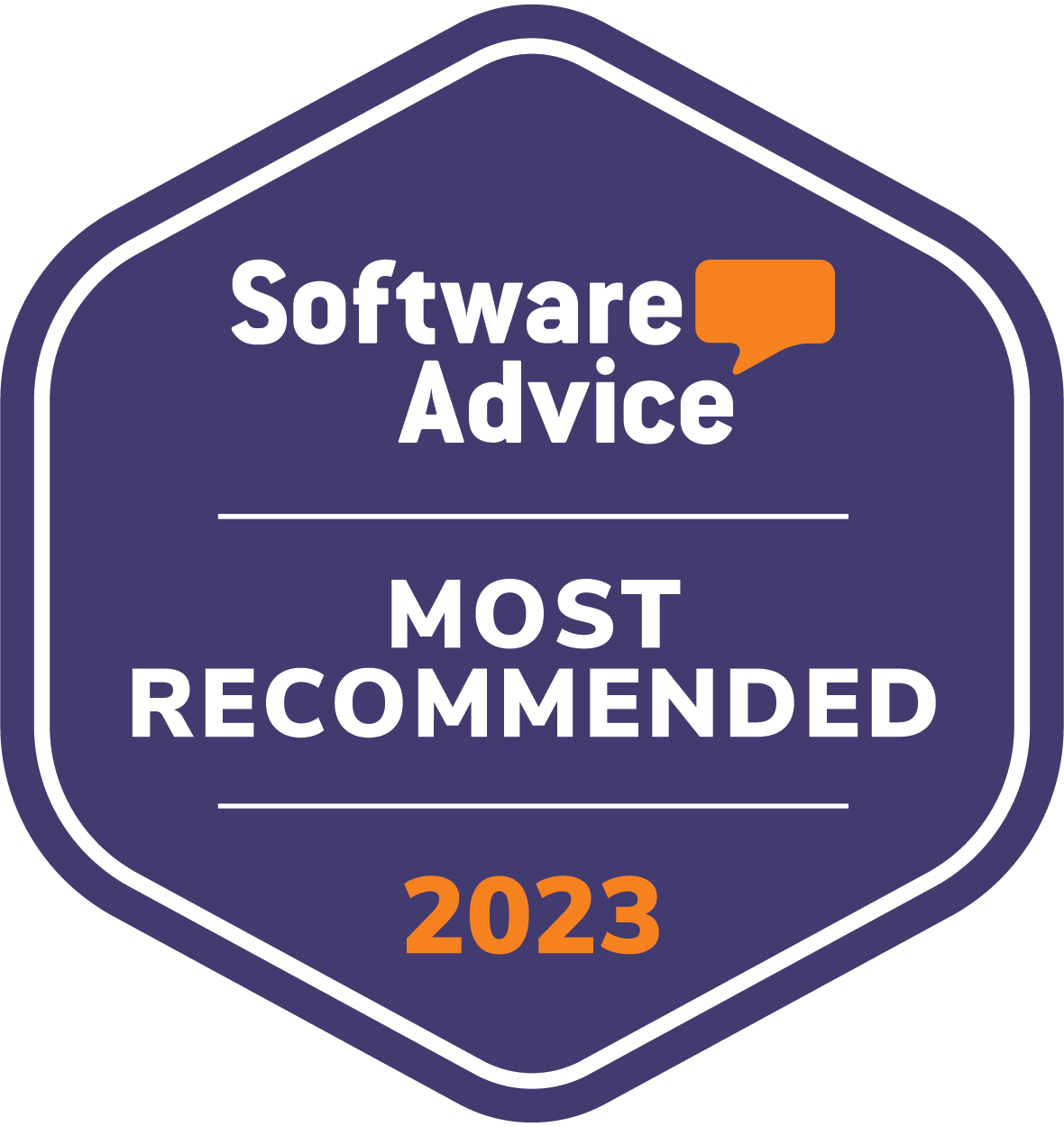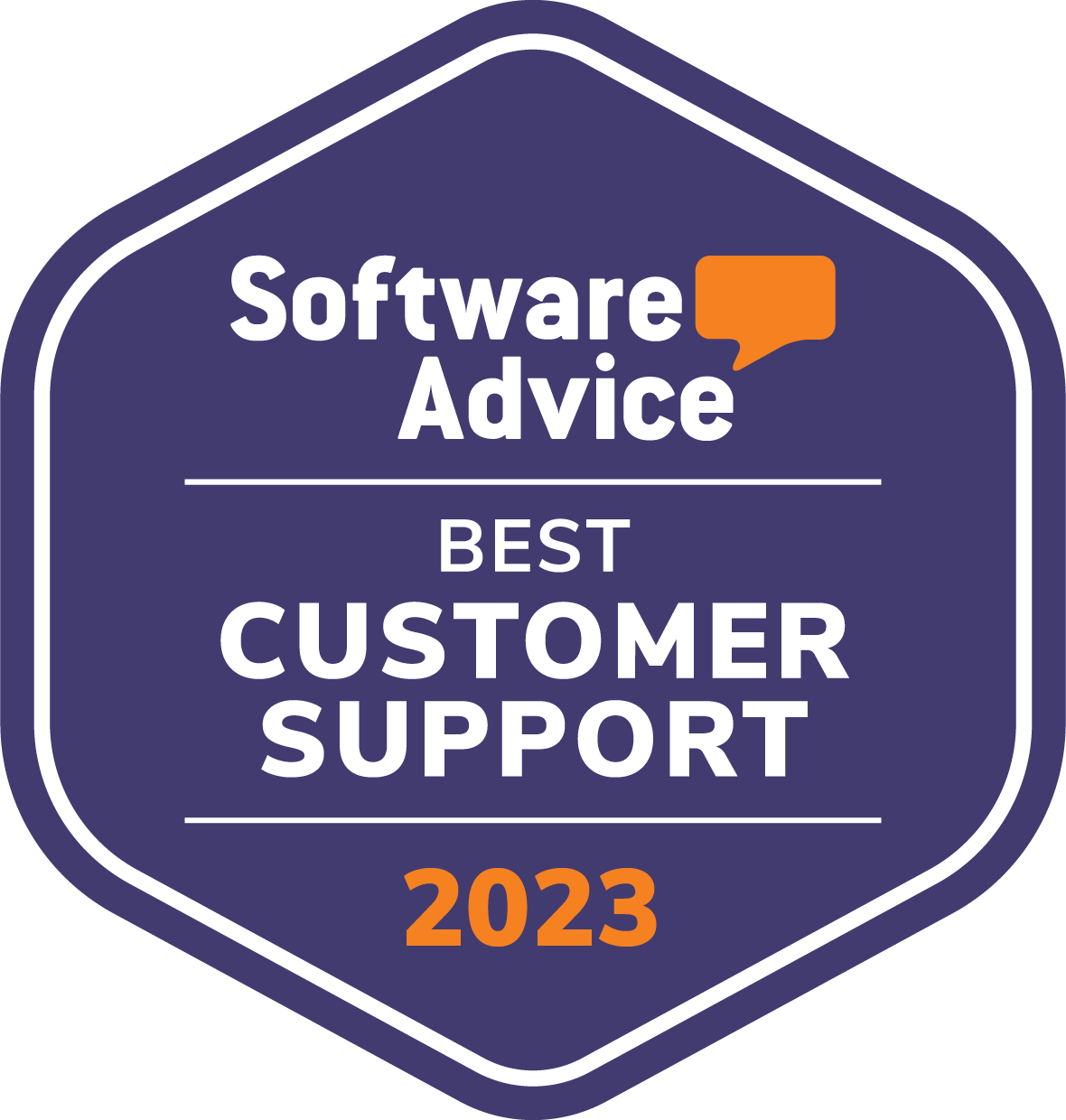Manufacturers today face numerous challenges: supply chain disruptions, capital allocation, automation maximization, and workforce reliability. Yet, amidst these hurdles, the momentum of Industry 4.0 is unstoppable. Manufacturers must address it promptly to stay competitive. Digital transformation needs to be genuinely transformative, altering how an organization approaches and uses technology. But which technology should you consider? Let’s explore two digital enterprise options: ERP (enterprise resource planning) and MES (manufacturing execution system).
ERP — Known and Trusted Technology
Imagine you are a VP of Production/Engineering at a successful manufacturing company. One of your crucial tasks is making decisions regarding technology. To thrive, a modern company needs to embrace digital transformation, creating a digital enterprise that fulfills all manufacturing needs. Choosing the right technology ensures long-term productivity and profitability.
ERP software is a familiar option. Widely used across many industries, ERP systems manage, store, and utilize data, aiding in various daily business activities: accounting, payroll, procurement, purchase orders, project and risk management, and supply chain operations.
ERP systems provide a single source of truth, ensuring all pertinent information used across the enterprise is based on common definitions and user experiences. Information flows in real-time, making vital data accessible to key stakeholders.
ERP acts as the great integrator, uniting people, processes, and technologies across an enterprise. It’s no surprise that ERP use has skyrocketed over the past decade. However, the question remains: Is ERP ready to handle everything Industry 4.0 demands from manufacturers?
ERP Implementation: Benefits and Challenges
ERP systems offer a myriad of benefits. By centralizing data, they eliminate silos, ensuring every department has access to the same information. This real-time data accessibility enhances decision-making, as managers can react quickly to market changes or operational issues.
Furthermore, ERP systems streamline operations, reducing redundancies and increasing efficiency. Automation of routine tasks, such as order processing and inventory management, allows employees to focus on more strategic activities. This leads to better resource allocation and improved productivity.
However, implementing an ERP system is not without its challenges. The process can be costly and time-consuming, often requiring substantial investment in both software and training. Customization is another hurdle; businesses must ensure that the ERP system aligns with their specific needs and processes. Additionally, integrating ERP with existing systems can be complex, necessitating careful planning and execution.
Despite these challenges, the long-term benefits of ERP systems often outweigh the initial difficulties, providing a robust foundation for digital transformation.
MES — Powerful and Essential
While ERP systems are impressive, some manufacturers seek more. If you could capture the mass of activity on the plant floor and underlying product and manufacturing data, you could improve and replicate processes.
Although not “new,” recent advancements, especially in high-end solutions, make MES a significant contender alongside ERP. The “3 Pillars of an MES” explain why:
- Establishing a Plan and Staying on Schedule: MES calculates TAKT time based on inputs like production shifts and goals. Unlike ERP, MES allows operators to see real-time progress against daily production goals.
- Enforcing a Repeatable Process: MES ensures that manufacturing processes are followed correctly, with every step executed as defined.
- Creating a Rich Data Set: MES captures product and manufacturing data sets, which ERP is not well-suited for. These data sets help identify and solve inefficiencies.
MES provides 360-degree visibility into production processes, making it a holistic solution. However, it’s not right for every industry. MES must match the right environment and interface seamlessly with your ERP.
MES Implementation: Advantages and Considerations
MES systems offer a level of granularity that ERP systems typically lack. By focusing on the production process, MES can capture detailed data at every stage of manufacturing. This data is invaluable for continuous improvement initiatives, as it allows companies to identify bottlenecks, reduce waste, and enhance overall efficiency.
Additionally, MES systems support compliance with industry regulations by ensuring that every step of the production process is documented and traceable. This is particularly crucial in highly regulated industries such as pharmaceuticals and aerospace, where traceability and quality assurance are paramount.
Implementing an MES system requires careful consideration of several factors. The system must be tailored to the specific needs of the industry and the individual manufacturing environment. Integration with existing ERP systems is crucial to ensure a seamless flow of information across the enterprise. Furthermore, training employees to use the new system effectively is essential for maximizing the benefits of MES.
MES and ERP: A Synergistic Approach
Importantly, MES and ERP don’t have to be an “either-or” decision. MES can share data with an existing ERP system, validating its readiness for Industry 4.0 and digital transformation.
Why not stretch ERP into MES functions?
- ERP is designed for business operations and handling a specific level of information.
- MES is designed for handling complex production processes with full integration into automation and plant floor hardware.
Choosing the best technology can be daunting, and navigating the plethora of statistics and opinions can be confusing. If you’d like to discuss these options further or arrange an MES demo, please contact PINpoint to learn more about MES and how it can revolutionize your manufacturing processes.
The Future of Digital Transformation in Manufacturing
As we move further into the era of Industry 4.0, the integration of MES and ERP systems will become increasingly critical. The seamless flow of information between these systems can drive unprecedented levels of efficiency and innovation. Manufacturers who embrace this integration will be well-positioned to thrive in a rapidly evolving industrial landscape.
Moreover, advancements in artificial intelligence and machine learning are set to further enhance the capabilities of both MES and ERP systems. Predictive analytics, for instance, can provide insights that help manufacturers anticipate market trends and make proactive adjustments to their operations.
In conclusion, the journey towards digital transformation is a continuous one. By leveraging the strengths of MES and ERP systems, manufacturers can build a resilient and adaptable digital enterprise. To learn more about how these systems can benefit your organization, contact PINpoint today. Our experts are ready to help you navigate the complexities of digital transformation and achieve your manufacturing goals.
















